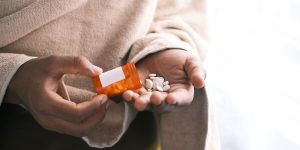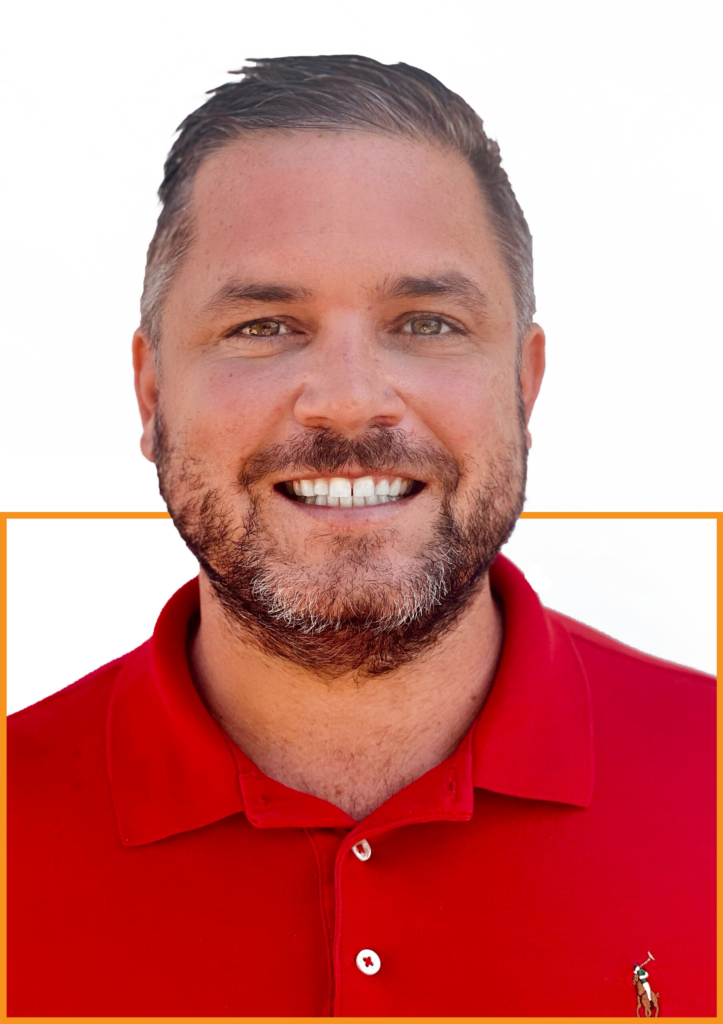The nature vs. nurture debate is common when considering how all kinds of conditions develop. Is it a person’s genetics or environment that causes them to behave the way they do? Are they a product of where they were raised or is their parental gene pool to blame? Can any true answer be that black-and-white?
Nature vs. nurture applies to determining the cause of addiction and alcoholism, too. And determining how someone develops a problem with alcohol or drugs isn’t answered by one or the other. Breaking down the cause of addiction and alcoholism is not as simple as pointing to either nature or nurture.
Addiction and alcoholism develop from three main factors:
- Biology
- Environment
- Development
You have to widen the scope beyond nature and nurture. Every person with drug or alcohol addiction has a story involving a mix of those three elements. How does each of these things contribute to the cause of addiction?
Why Do People Become Addicted to Drugs?
Addiction and alcoholism are complex conditions caused by a combination of biology, development, and environment. You can’t look at a person early on and determine whether they’ll have an alcohol or drug problem later on in life. Some people are more at risk of turning to substances but there is never a guarantee that they will.
There is no single path to addiction because no two people are exactly alike. You have to look at the cause of addiction and alcoholism on a case-by-case basis. Each individual has a different story and set of circumstances that led them to where they are. How does each of the factors play a role in the development of alcohol and substance problems?
Biology
Biology (or “nature”) is oftentimes the first thing people consider when questioning the cause of addiction. You probably look to their parents first and ask whether they had any problems with alcohol or drug use. Genetic makeup plays a significant role in things from eye color to physical features to mental illness. Why should addiction be any different?
Biology plays a part in the causes of addiction and alcoholism. Genes are responsible for about half of the risk of developing a substance or alcohol problem. When someone has a parent that struggles with addiction, their genetic makeup might make them predisposed to struggling with addictive tendencies.
Environment
Environment (or “nurture”) is the second thing people look to when determining the cause of addiction. The environment someone grows up in also influences their chances of developing an alcohol or drug use problem. Environmental factors include things like:
- Drug or alcohol use in the home
- Watching family members or family friends use substances
- Quality of parental guidance
- Economic status
- General quality of life
- Physical or sexual abuse
- Peer pressure
Someone who grows up watching their parents or siblings use drugs in the home may follow their example. Individuals who experience physical or sexual abuse during their younger years might turn to alcohol or drugs to numb out their feelings. A child who experiences neglect or has minimal parental guidance may turn to other negative avenues to find support and inclusion.
Development
Development refers to the point at which drugs and alcohol were introduced. A person can turn to substances and develop eventual addiction or alcoholism at any age. When drug or alcohol use begins during earlier developmental stages, though, they’re more likely to establish a lasting problem.
Individuals who start drinking or using drugs during their teenage years put themselves at a greater risk. The areas of their brain that control judgment, self-control, and decision-making are not fully developed. This leaves them more inclined to make risky choices without considering the lasting consequences.
Additionally, the brain adapts to regular drug and alcohol use. Teenagers that use alcohol and drugs interrupt the normal, healthy development of their brain. This can set up a cycle early on that continues with them into later teenage years and even adulthood.
Can Someone Avoid Becoming Addicted?
Now that you understand the causes of addiction, you might question whether someone can avoid it in the first place. Others place the blame entirely on the person with the problem, regardless of the influence of nature vs. nurture. After all, drug use usually begins as a voluntary choice at the beginning.
Not everyone who is genetically predisposed to addiction develops a problem with drugs or alcohol. Additionally, not everyone who grows up in an environment surrounded by substances ends up with a problem. Some individuals recognize their increased risk and choose to never test the waters.
At the same time, others with no obvious predispositions still develop a drug or alcohol problem. They have no family history of addiction or alcoholism and grew up in a “normal” environment but eventually, fall into the cycle of addiction.
The one certain way to avoid alcohol or drug addiction is to never try using substances. But that also doesn’t mean people with a problem don’t deserve access to the help or support they need to recover. Regardless of nature vs. nurture, someone who struggles with addiction or alcoholism should receive the chance at recovery that they deserve.
If you or a loved one are struggling with dependence on alcohol or other substances, contact Emerge Recovery. Locating a safe space to discuss these challenges, in a professional and non-judgemental environment, is the first step to recovery. For more information on how Emerge Center for Addiction Recovery can help you, contact them today at 888.273.8624 or set up a complimentary 30-minute recovery navigation call to chart your recovery path.












